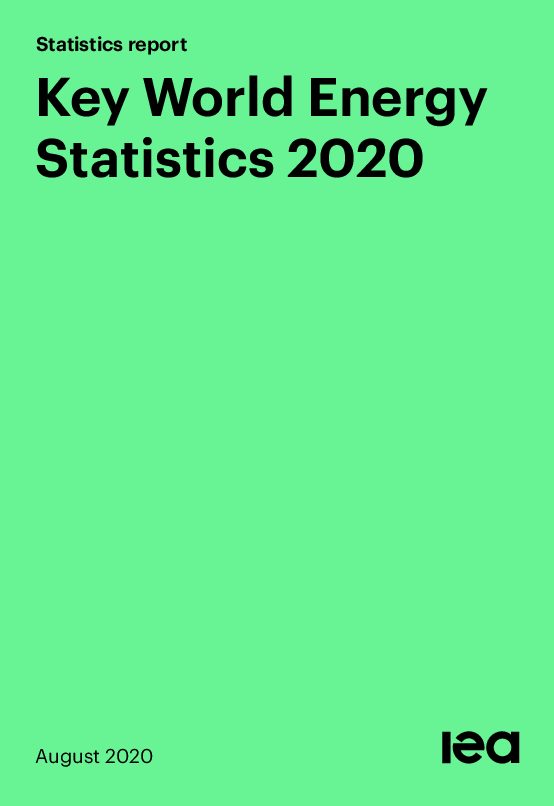
The International Energy Agency (IEA) was established in 1974 to promote energy security and provide authoritative analysis on energy for its member countries and beyond. Energy statistics have always been and remain at the heart of the work of the IEA. They provide a comprehensive view on energy production, transformation and final use for all forms of energy as well as the factors that influence energy choices such as prices and RD&D and the wider impact of energy use on CO2 emissions. Over the years with input from energy statisticians all around the world, the IEA has gained recognition as the world’s most authoritative source for energy statistics.
Energy statistics are produced to be used: to monitor changes in energy production and use; inform debate; and provide a wider understanding of energy, including helping countries understand their energy transitions. In Key World Energy Statistics (KWES), we look to highlight some of the key facts and trends from across the vast number of datasets the IEA produces to enable everyone to know more about energy. As part of the IEA modernisation programme, KWES contains more information on energy efficiency and renewables, more geographic data – including on the “IEA Family”, created through our “Open Doors” policy – and more of the key data to better understand energy security – the heart of our work.
Because energy plays such a vital role in our lives today, I hope that these statistics will not only inform but also help policy makers and others to make wise decisions so that energy is produced and consumed in a secure, affordable, efficient, and sustainable manner. As I like to say, in the world of energy, data always wins. This has never been more true than it is today, with the world economy undergoing significant structural change as a consequence of Covid-19. I would therefore like to thank the whole team in the IEA’s Energy Data Centre under the outstanding leadership of Nick Johnstone for their work in ensuring we all have the data needed to gain a comprehensive understanding of energy today so that we can better plan for tomorrow.
Dr. Fatih Birol, Executive Director, International Energy Agency
